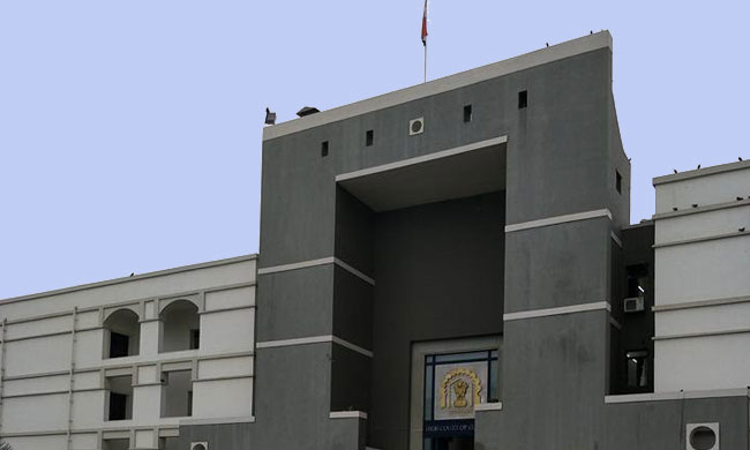Gujarat High Court Refuses To Intervene In Order Declaring Construction Of Madrassa On State Property Illegal
PRIYANKA PREET
24 May 2022 11:15 AM IST

Court noted there is no evidence regarding ownership or actual running of educational institution.
Next Story


